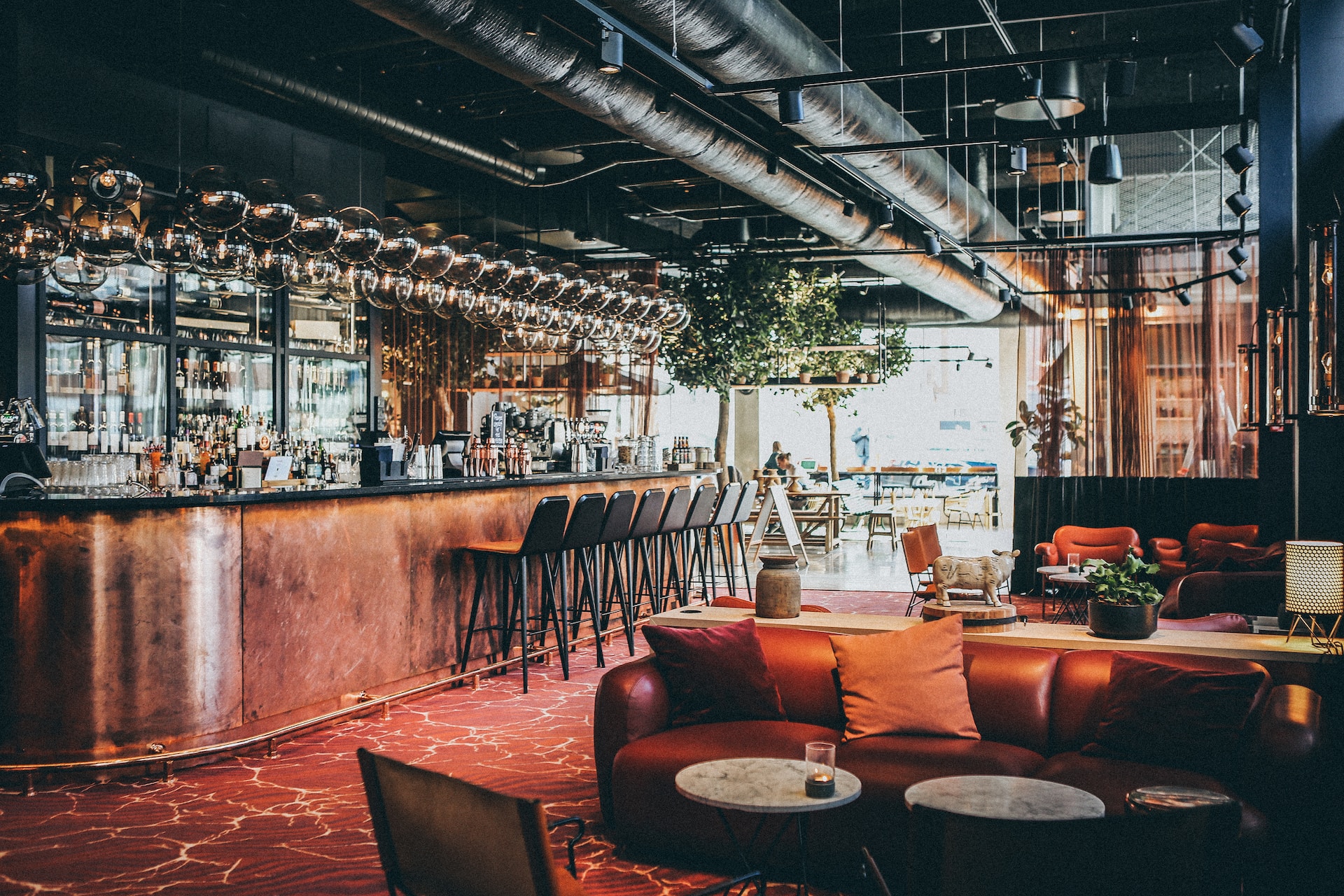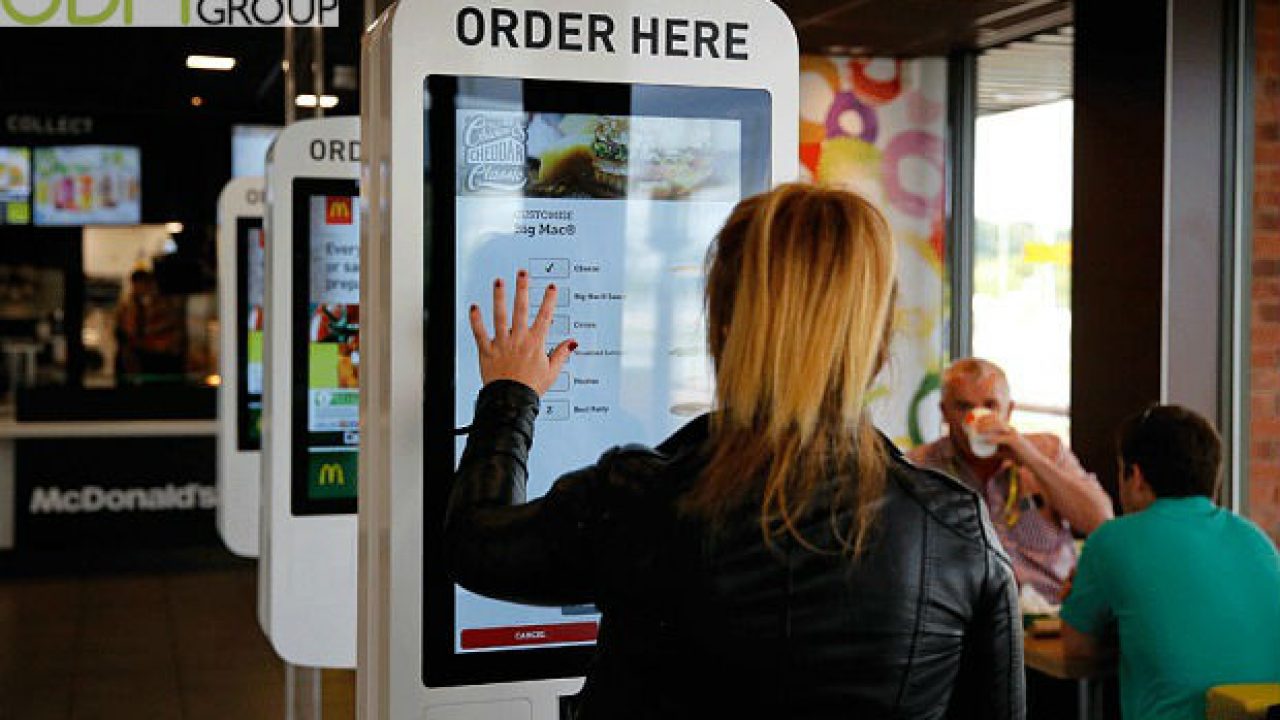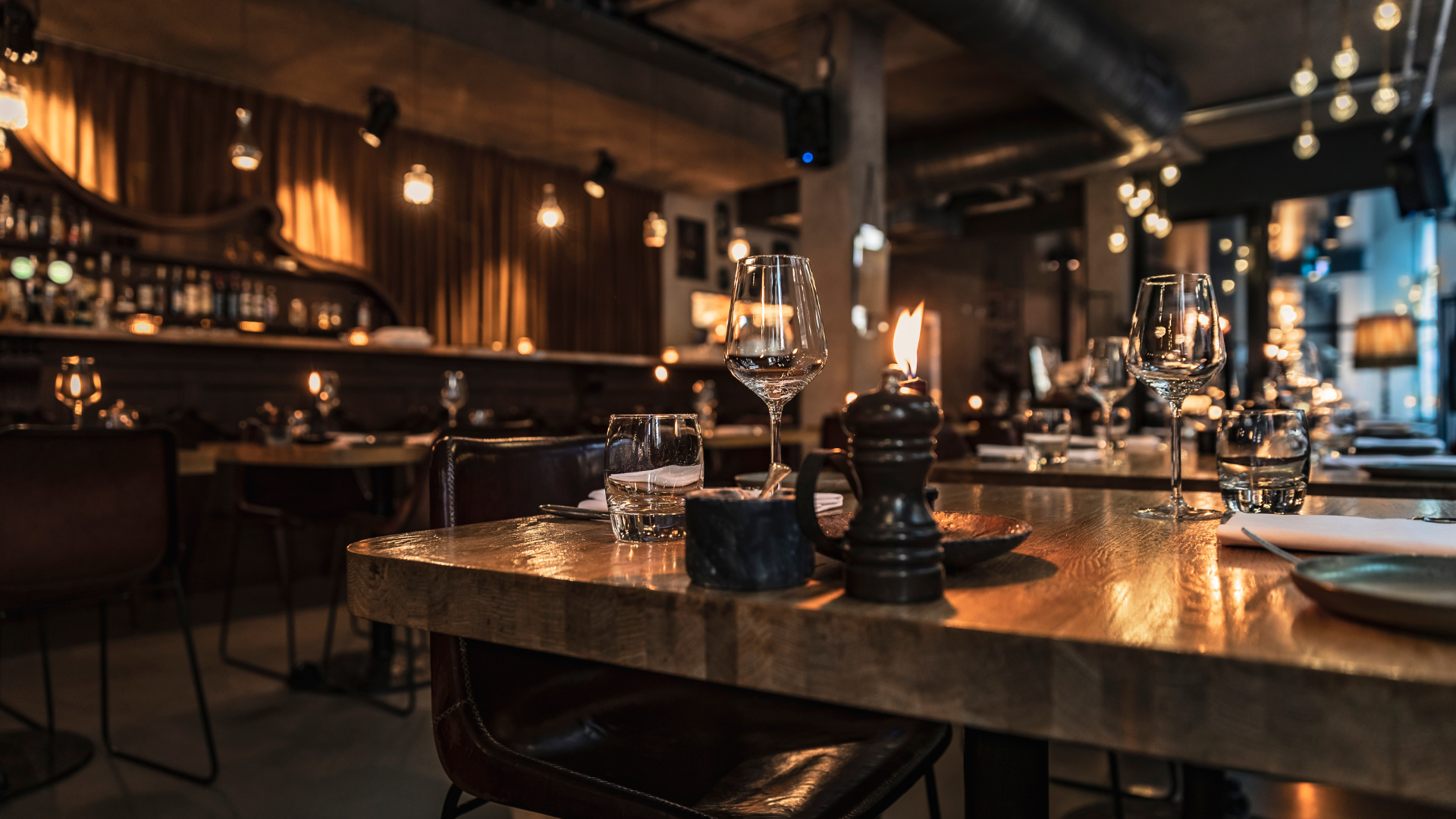Before embarking on the ambitious journey of running a pub in the UK, it’s imperative to remember that licensing requirements may vary based on local regulations and the specific nuances of your business model. Your first port of call should always be your local council or local authority. They are the definitive source of information on the exact licences you’ll need to operate within the confines of the law in your particular area. This step ensures you’re not only compliant but also builds a foundation of trust with the local governing bodies.
This guide serves as a preliminary roadmap, designed to give you an overview of the potential licences you might encounter and how to approach obtaining them. While it provides a comprehensive snapshot of standard requirements, it should be used in tandem with consultations with your local council or a legal expert. Think of this guide as a tool to streamline and ease your planning process, giving you a clearer picture of what to expect and how to navigate the often complex world of pub licensing in the UK.
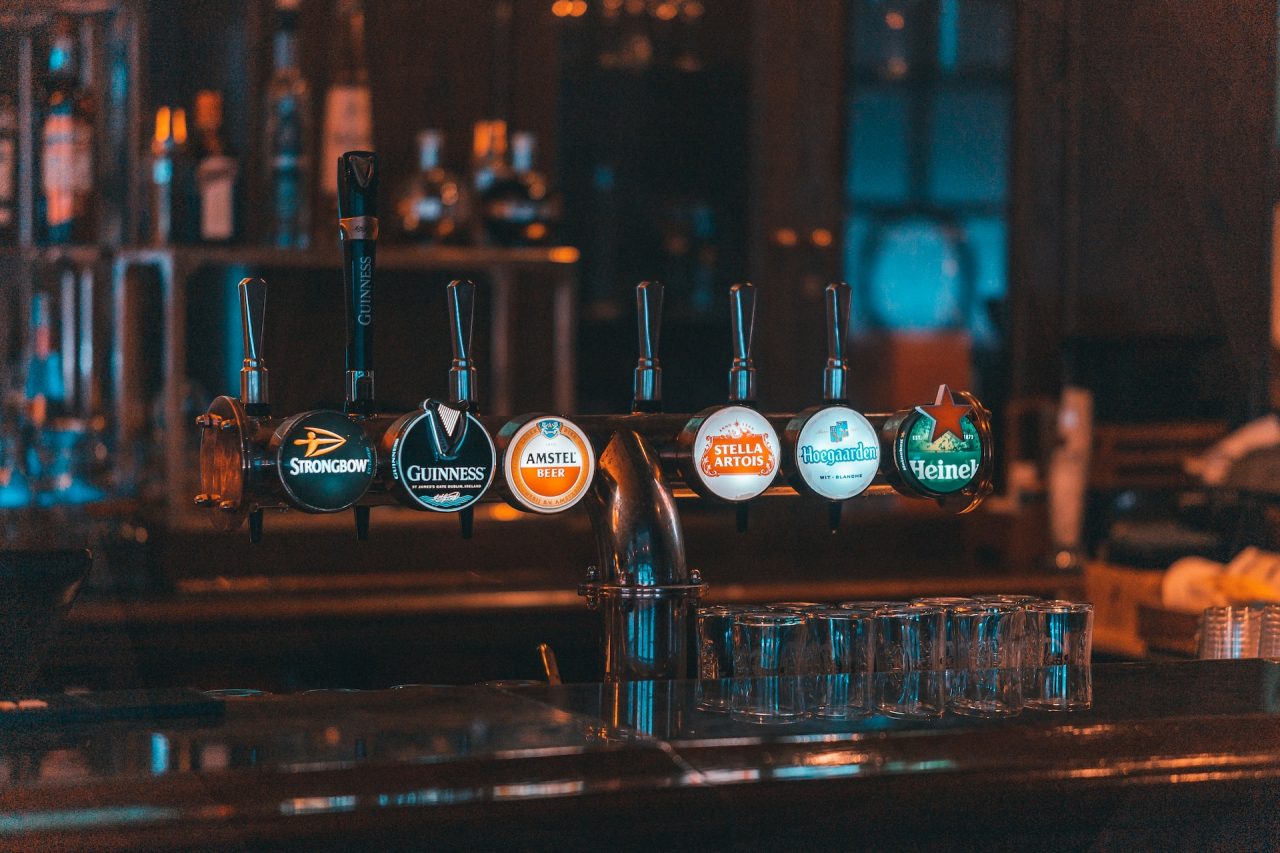
Running a pub in the UK is a dream for many, but before you can pull that first pint for your customers, there are essential licences and permissions you need to obtain. The UK licensing laws are in place to ensure that alcohol is sold and consumed responsibly. This article will delve deep into the different types of licences required to run a pub in the UK and provide insights into the application process for each.
1. Premises licence
A premises licence authorises the use of any location for activities associated with the selling of alcohol.
Application process:
- Determine the local council under which your pub falls. Applications are made to the local authority’s licensing department.
- Submit an application form, a detailed floor plan of the premises, and the relevant fee.
- A Designated Premises Supervisor (DPS) must be named in the application.
- Advertise your application, both at the premises and in a local newspaper, to allow any objections.
Points to note:
- The licence will list the licensable activities permitted, the times when these activities can take place, and any other conditions.
- The licence remains valid as long as the pub operates, but there’s an annual charge.
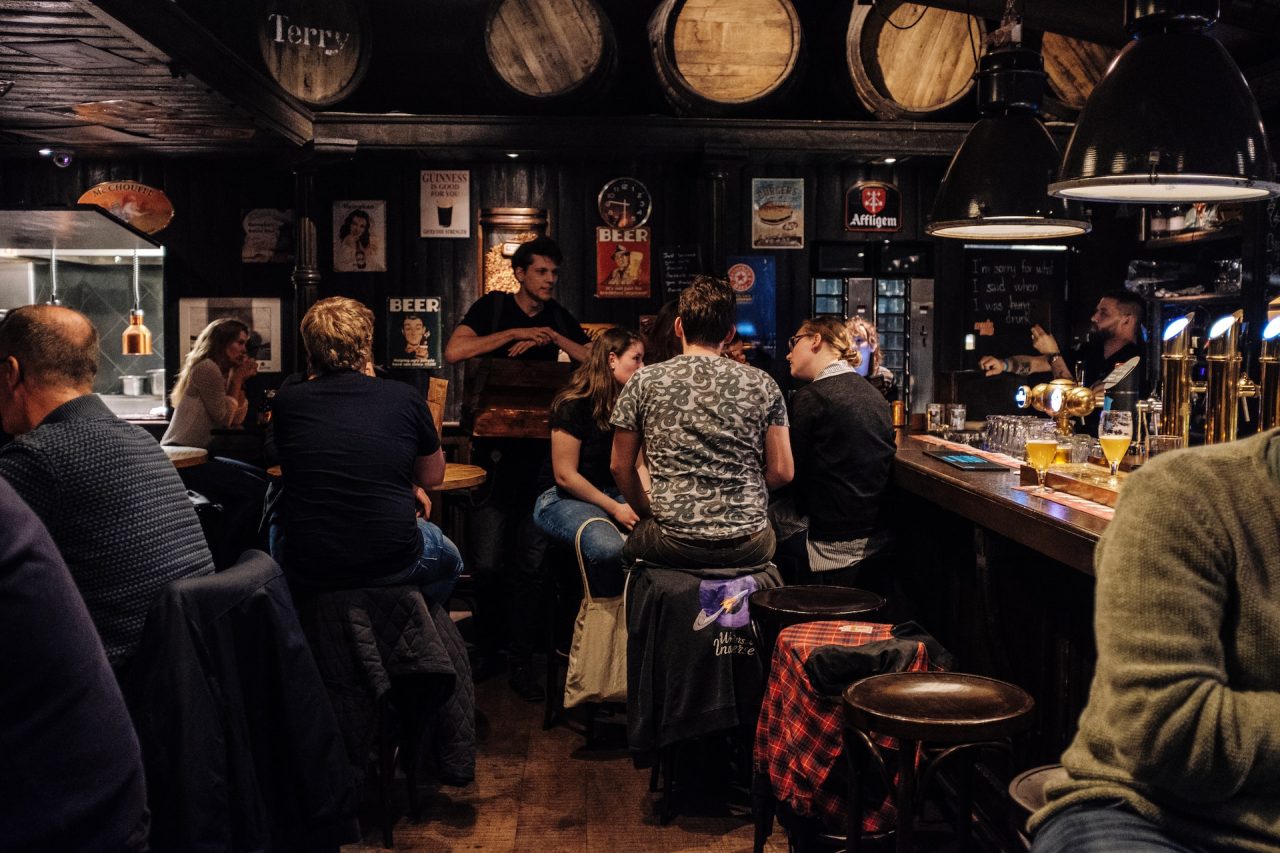
2. Personal licence
A personal licence allows an individual to sell or authorise the sale of alcohol. Any pub will need at least one personal licence holder – the Designated Premises Supervisor (DPS).
Application process:
- The applicant must be 18 years or older.
- Obtain an accredited qualification, like the Level 2 Award for Personal Licence Holders.
- Apply to your local council with the application fee, proof of qualification, and a DBS (Disclosure and Barring Service) check.
Points to note:
- The licence is portable, meaning you can use it anywhere in England and Wales.
- It’s valid indefinitely, provided you don’t have any disqualifications.
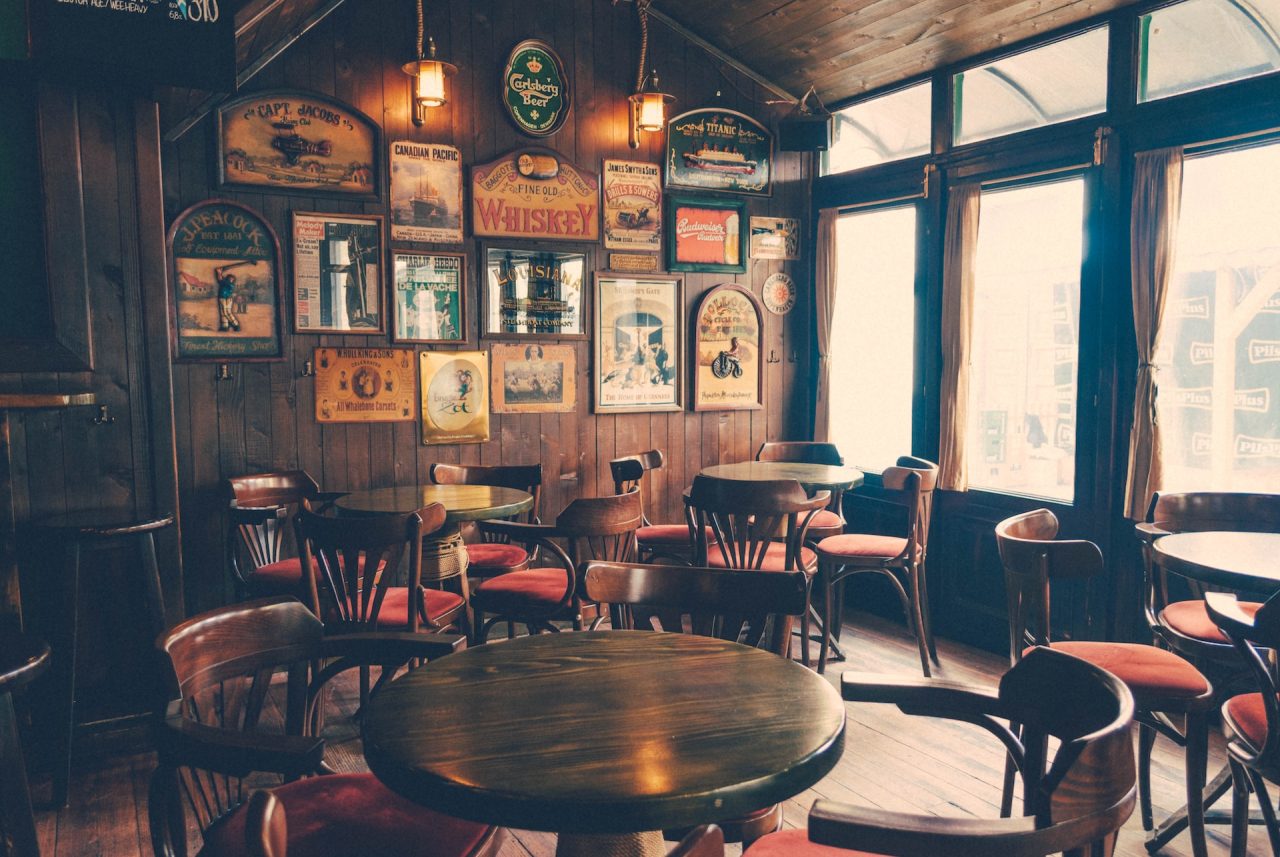
3. Temporary Event Notice (TEN)
If you’re planning a one-off event where alcohol will be sold, and it falls outside the terms of your premises licence, you’ll need a TEN.
Application process:
- Notify your local licensing authority, police, and environmental health at least ten working days before the event.
- There’s a fee for each TEN, and you can apply online or by post.
Points to note:
- You can only hold a certain number of TENs per year.
- Each event can last up to 168 hours, with a maximum attendance of 499 people.
4. Music and entertainment licence
If you intend to play recorded music, have live performances, or host other forms of entertainment, this licence is a necessity.
Application process:
- The licence can often be included in the premises licence. However, stand-alone applications can be made to the local council.
- Depending on the type of entertainment, certain restrictions might apply.
Points to note:
- Some forms of entertainment, like recorded music, might not require a licence if played during specific hours.
- You might need additional permissions, such as noise permits, depending on your location.
5. Gaming machine permit
Should you wish to have fruit machines or other types of gaming machines in your pub, this permit is essential.
Application process:
- Apply to your local council detailing the number and type of machines you intend to install.
- There’s a fee involved, which varies depending on the number of machines.
Points to note:
- You can have up to two Category C or D machines with just a premises licence.
- For more than two machines, you’ll need to apply for a licensed premises gaming machine permit.
6. Television licence
If you’re planning on having a TV in your pub, whether for regular viewing or special sports events, you need a TV licence.
Application process:
- Licences can be purchased online from the official TV Licensing website.
Points to note:
- Even if the TV is not used for live broadcasts, but only for playing recorded material or streaming, a licence is still required.
6. Food hygiene certificate
Not directly a licence, but if your pub serves food, you must register with the local environmental health service. They’ll inspect your premises and provide a rating.
Application process:
- Contact your local council’s environmental health department.
- An inspector will visit and rate your establishment based on hygiene standards.
Points to note:
- Regular inspections will be carried out.
- Good ratings can be displayed, which can boost customer confidence.
Conclusion
Starting and running a pub in the UK is a rewarding venture, but it’s crucial to ensure that you’re fully licensed to avoid any legal issues. Taking the time to understand and secure the necessary licences will ensure your establishment operates within the law, allowing you to focus on providing an excellent service to your customers. If you’re considering embarking on this journey with your partner, starting a pub management career with your couple can be both exciting and fulfilling. Remember, while this guide provides a comprehensive overview, always consult with the local council or a legal expert to ensure you meet all the requirements specific to your location and business model.
